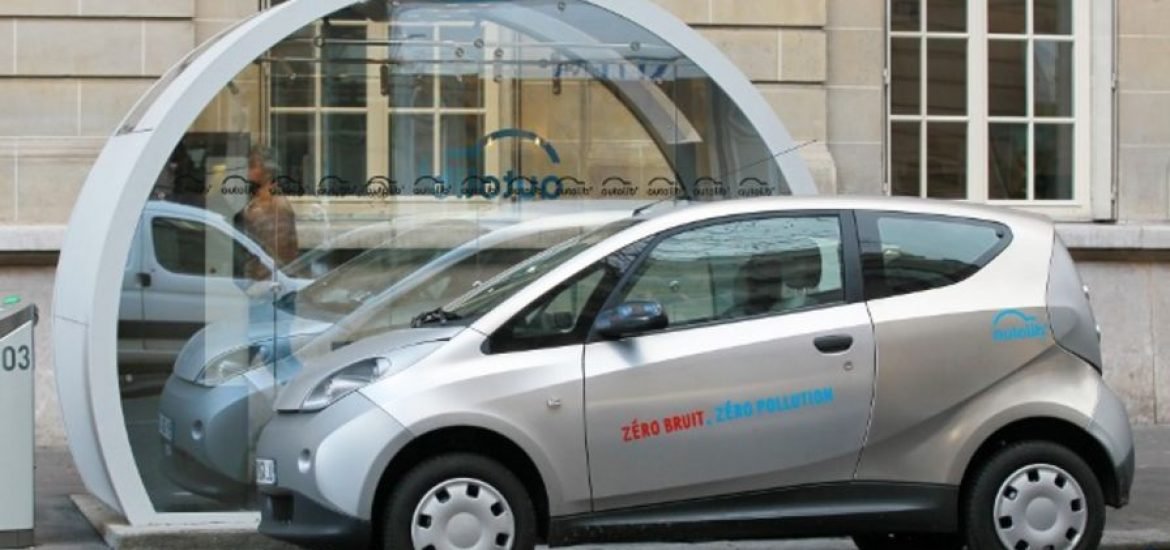
The French jury of publicity ethics has decided that electric cars should not be advertised as “clean” vehicles. This decision confirms the conclusions of a previous study issued by the French Environment and Energy Management Agency.
Once mocked, electric cars have become increasingly popular in the world – especially in Europe where Norway, Japan and the UK have been massively investing in their development. France is also a major player, with 19 000 electric cars sold in 2016 alone, raising the total number of EVs on the streets to about 90 000. While that only represents 1% of the national car fleet, car manufacturers expect a full 10% of the market will be electric by 2030. At a time when lowering CO2 emissions is one of the major global concerns, the EVs main selling point of producing two to three times less CO2 then internal combustion cars is highly attractive.
Not everyone, however, is convinced by electric cars – especially when they are described as “environmentally friendly vehicles”. This is why the Nuclear Observatory – a controversial French anti-nuclear protest group – has filed a complaint with the French jury of publicity ethics, a body tasked with treating citizens’ complaints against specific adverts. The complaint targeted ads presenting the Parisian Autolib’, the Lyon based Bluely electric car sharing services and the Zoé electric model by Renault as “clean” vehicles.
According to the jury of publicity ethics, the violation is less blatant: “when it is not possible to justify general statements (environmentally friendly, green, ethical, fair, sustainable…) an advert has to put the information in perspective by using formulas such as “contributes to’.”
For the French nuclear observatory, the use of an electric vehicle does indeed releases less CO2. However, the car is nonetheless made out of steel, plastic and other chemicals which pollute both during extraction and on the assembly line. What’s more, the biggest flaw of an electric car is its battery. It requires many chemicals (lead) and rare substances (lithium, cadmium) to function. This vision is widely contested, but it has convinced the jury of publicity ethics.
An electric car is quite energy hungry, too. In that, the jury’s verdict underlines conclusions put forward by the ADEME in 2013. In a study, the agency stated that electric cars were not as “green” as perceived. For one, up to 40 000 km, they require more energy than a regular car to function. It is only beyond the 100 000 kilometre mark that they can make a difference.
This post is also available in: FR (FR)DE (DE)